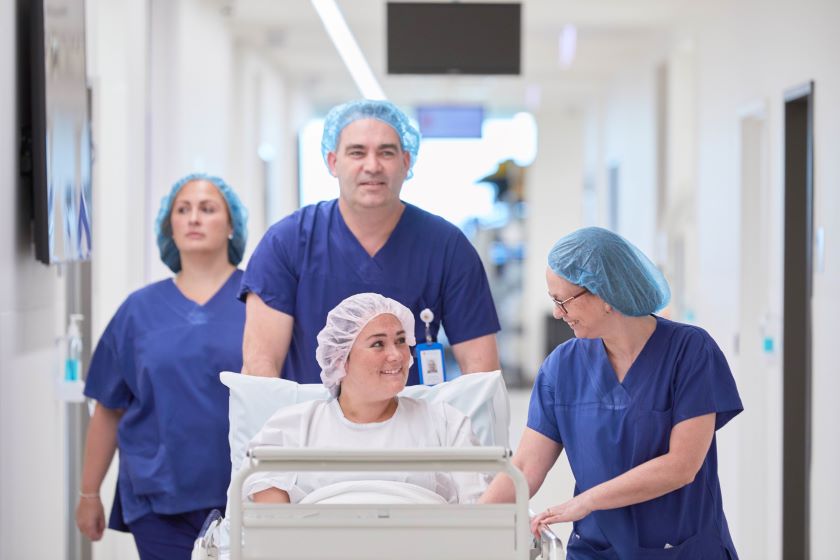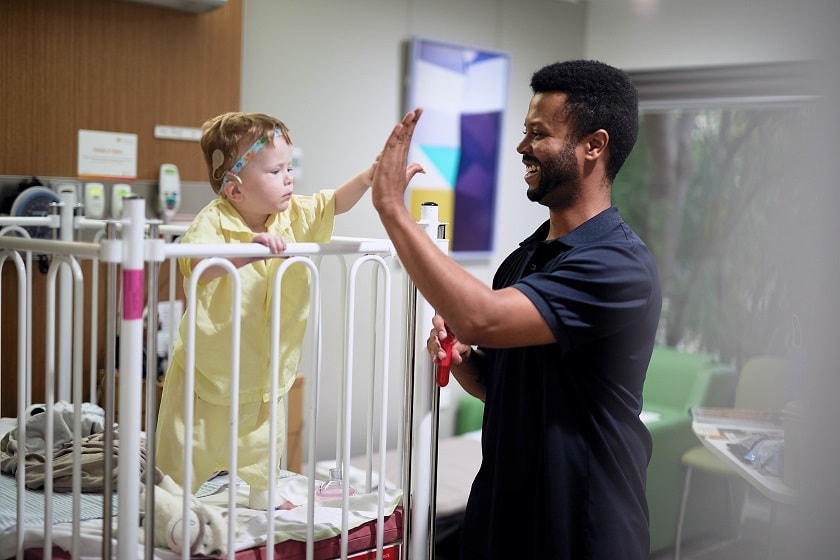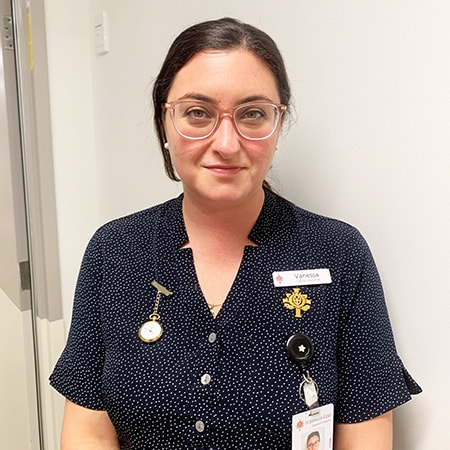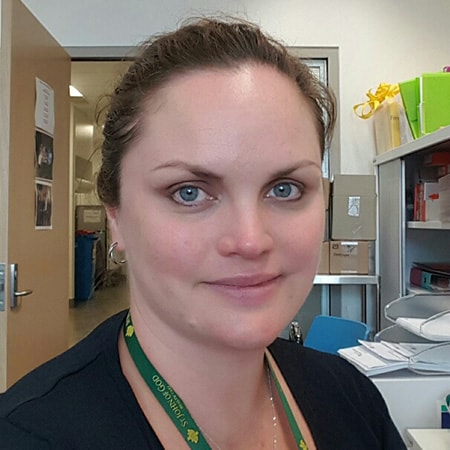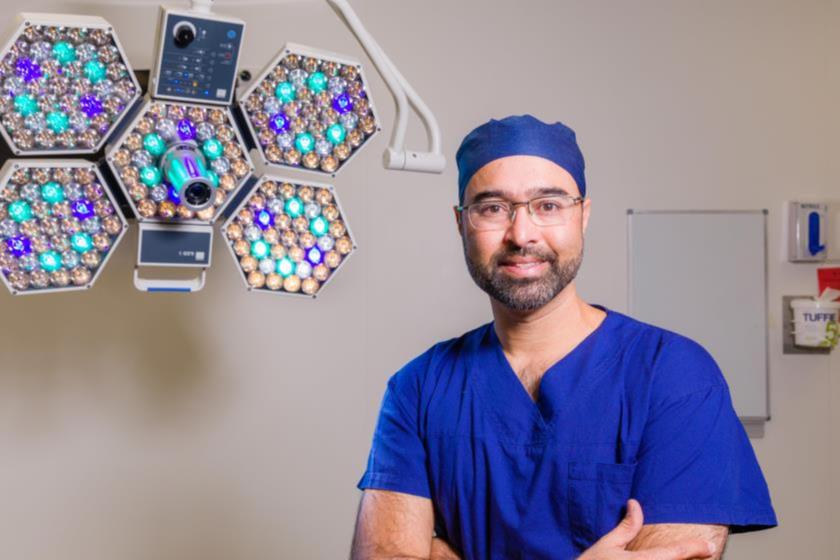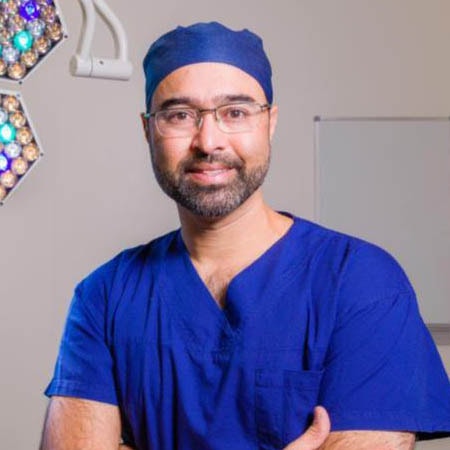The technological investment which totalled around $1 million not only drastically reduces X-ray exposure for both the surgical team and the patient, it improves visualisation allowing surgeons to plan an operation with millimetre-accuracy.
In a nutshell, Brainlab allows surgeons to plan and carry out procedures using real time, high-definition, 3D image-guided navigation – much like GPS equipment in a car. This level of precision enables surgeons to perform operations more efficiently through less invasive techniques, ultimately resulting in better patient outcomes and less recovery time.
“Using cutting-edge technology and an extra-large 4K display, surgeons can plan, review, document and stream surgery from anywhere in the operating theatre,” explains Mr David Oehme, neurosurgeon at St John of God Berwick Hospital.
“This technology allows for greater safety of instrumentation of the spine with the ability to deliver more accurate pedicle screw placement. Patients usually cope better post-operatively, experiencing a reduction in pain, scarring and recovery periods.”
Faulty positioning of spine and pelvic instrumentation can lead to injury to neural structures, the chest and the abdominal region, and poses an increased risk of instability. Placement of screws is drastically improved with the aid of Brainlab’s intraoperative navigation and reduces the risk of further surgery to correct any inaccuracies,
Patients also benefit from having this technology closer to home. “Previously patients requiring complex instrumented spinal fusion surgery were transferred to other large metropolitan hospitals to undergo treatment,” explains Mr Oehme. “This equipment means these complex procedures can be performed locally, making visits from family and friends more achievable and the return home a little easier.”
The Brainlab equipment will also be used for cranial neurosurgery down the track as capabilities at St John of God Berwick Hospital are expanded.

